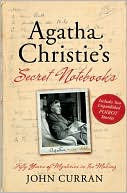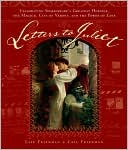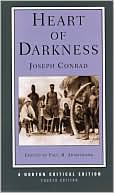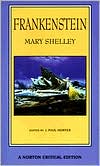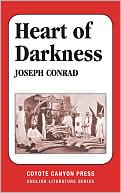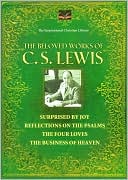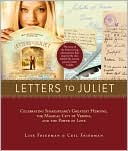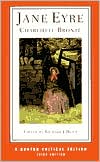Agatha Christie's Secret Notebooks: Fifty Years of Mysteries in the Making
Search in google:
A fascinating exploration of the contents of Agatha Christie's seventy-three private notebooks, including illustrations and two unpublished Poirot stories When Agatha Christie died in 1976, at age eighty-five, she had become the world's most popular author. With sales of more than two billion copies worldwide, in more than one hundred countries, she had achieved the impossible—more than one book every year since the 1920s, every one a bestseller. So prolific was Agatha Christie's output—sixty-six crime novels, twenty plays, six romance novels under a pseudonym and more than one hundred and fifty short stories—it was often claimed that she had a photographic memory. Was this true? Or did she resort over those fifty-five years to more mundane methods of working out her ingenious crimes? Following the death of Agatha's daughter, Rosalind, at the end of 2004, a remarkable legacy was revealed. Unearthed among her affairs at the family home of Greenway were Agatha Christie's private notebooks, seventy-three handwritten volumes of notes, lists and drafts outlining all her plans for her many books, plays and stories. Buried in this treasure trove, all in her unmistakable handwriting, are revelations about her famous books that will fascinate anyone who has ever read or watched an Agatha Christie story. How did the infamous twist in The Murder of Roger Ackroyd really come about? Which very famous Poirot novel started life as an adventure for Miss Marple? Which books were designed to have completely different endings, and what were they? What were the plot ideas that she considered but rejected? Full of details she was too modest to reveal in her own autobiography, this remarkable new book includes a wealth of excerpts and pages reproduced directly from the notebooks and her letters, plus, for the first time, two newly discovered complete Hercule Poirot short stories never before published.The Barnes & Noble ReviewCall it a long-running literary mystery -- despite the tectonic influence and undimmed popularity of Agatha Christie's fiction (she is easily best-selling crime novelist of all time), serious consideration of her work and life seemed out of reach for decades. Recently, the case has been re-opened, thanks to Laura Thompson's thoughtful 2007 biography and now, the herculean and much appreciated efforts of arguably the Queen of Crime's most ardent and loyal fan, a jovial Irishman named John Curran.With the blessing of Mathew Pritchard, Christie's grandson and literary executor, Curran spent years sifting through seventy-three numbered, but otherwise uncategorized handwritten notebooks gathering dust in the author's old home, teasing out enticing morsels that suggest the methods by which Christie came up with her fiendish plots. The answer: not so much outright planning, but, rather, trial and error, with many characters' names changing over drafts, and even, at times, a last-minute change of ending: "her strengths lay in her unfettered mental fertility and her lack of system," Curran states, proving it with excerpts of notes ranging from The ABC Murders to Murder in Mesopotamia.Lest this book be regarded merely as catnip for hardcore fans, Curran has some genuine surprises in store for sceptical readers. For one, he lets his tongue loose on Christie's weaker efforts, citing "another unfortunate, and utterly unbelievable coincidence" that nearly derails The Mirror Crack'd From Side to Side, and the "jarring note" the tacked-on ending strikes in an otherwise "near-perfect" A Murder Is Announced. For another, the last Marple novel,Sleeping Murder, was long thought to be written in 1940, sealed in a vault until its publication a year after Christie's 1976 death. With detection skills straight from Poirot's "little gray cells" playbook, Curran shifts the probable date of composition by nearly a decade, closer to 1950.Finally, Curran's most astonishing feat is his discovery of two long-hidden short stories: "The Incident at the Dog's Ball", a charming early period Poirot story Christie never attempted to publish before she expanded it into the novel Dumb Witness; and an earlier, completely different and more politically pointed version of "The Capture of Cerberus", complete with references to Hitler and Poirot's open admiration of the female form! The net effect of Curran's years-long project is a virtual pilgrimage to the Christie homestead, sweeping readers up in his quest for the secrets that underpin Agatha Christie's mysterious literary logic.--Sarah Weinman
